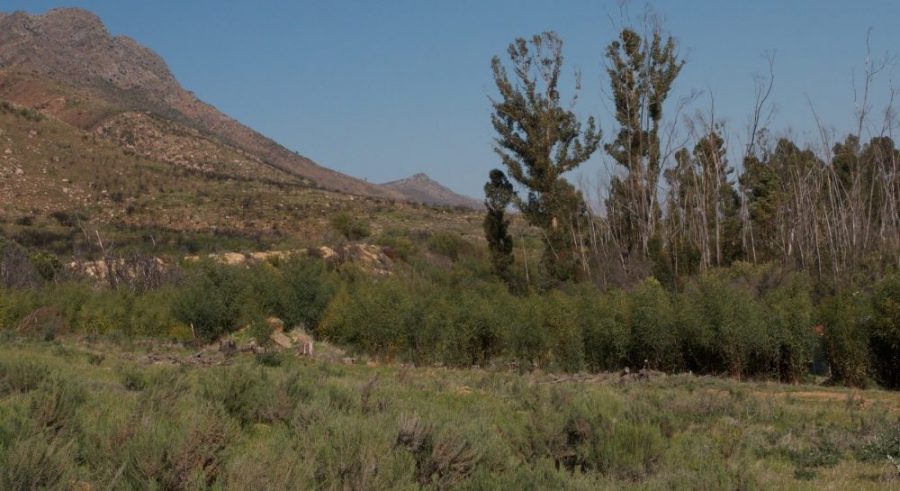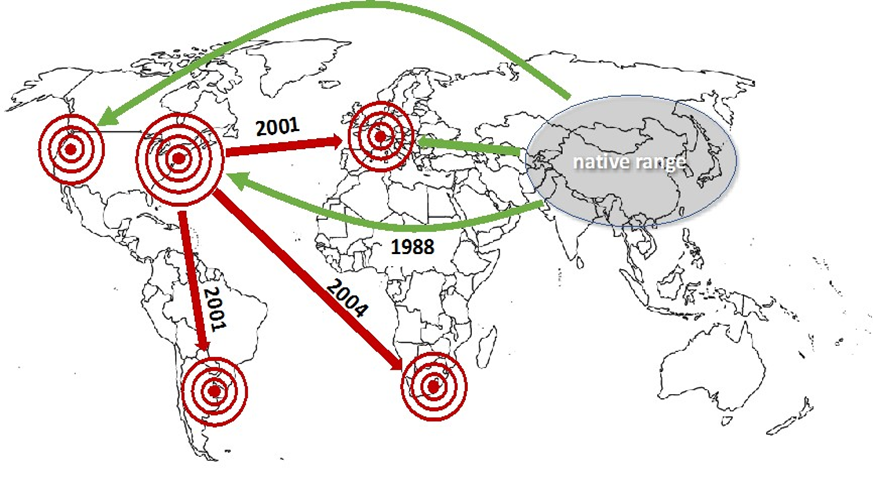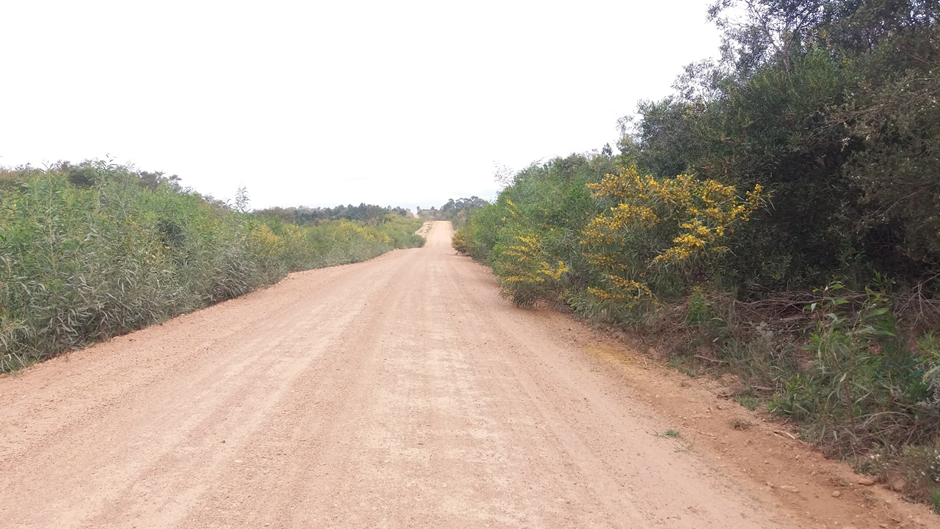Tortoises in invaded habitats: do thermal changes affect their performance?
Study investigates the effect of thermal changes on the performance of tortoises.

Study investigates the effect of thermal changes on the performance of tortoises.
Ectothermic organisms rely on their surrounding conditions to maintain temperatures within a range that optimizes essential activities such as running, foraging and reproducing. Beyond this range, their performance or fitness decreases with a particularly fast loss of performance at high temperatures.

Invasion science must adapt to meet growing societal demands and biosecurity challenges in the face of rapid global environmental change. This task was addressed at a workshop during the NEOBIOTA conference in Dún Laoghaire, Ireland, in September 2018 that was attended by several researchers affiliated with the Centre for Invasion Biology (C∙I∙B).

A recent study by former C∙I∙B student, Bongolethu Mtengwana, demonstrated the advantage of combining different species distribution models to identify areas that are at risk of future invasions by Invasive Alien Plants (IAPs).
Water hyacinth (Eichhornia crassipes) is a widespread invasive species impacting a range of ecosystem services in South Africa, especially water quality and availability. To better control this aquatic weed, several biocontrol agents have been released – unfortunately with mixed success.